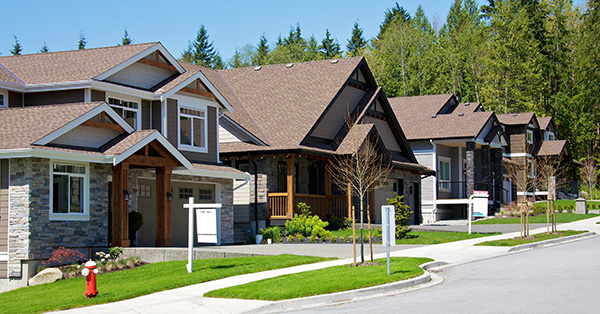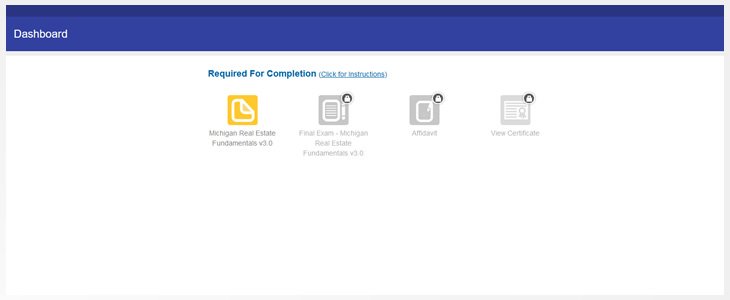
You might be wondering, "Do I really need a realty agent?" Here's the scoop. Agents are able to help you simplify the process whether you're purchasing a home or selling one. Agents don’t want to rush the sale and are happy to remove the middleman. Also, hiring a realtor will require patience, negotiation savvy and time for all paperwork.
Without a real agent, buying a home
There are advantages and disadvantages to buying a home without a realtor. It is risky, and can result in costly mistakes. A realty agent can guide you through the process, help you prepare for the paperwork, as well as help you find your dream home. A realty agent can help you save money and have many advantages when buying a house.

A great alternative for those who don't want a high commission is buying a house without the help of a realty agency. But if the area is familiar, you can search on your own for homes. You can search for homes by owners using Zillow or Facebook Marketplace. Prepare comps or price ranges for similar properties in your area before buying a house.
A buyer's representative is needed to help you purchase a home
It's a smart decision to hire a buyer agent. Agents are privy to information such as zoning laws and tax details, which can help you make an informed decision. A property can't be seen online, so scrolling through the listing photos is not as satisfying as actually visiting it in person. The buyer's agent can also help you learn what the sellers have said about their property. This is a vital step in the process of buying a property.
A buyer's agent can also be beneficial for your financial future. A buyer's agent earns a commission on the sale of the home. A code of ethics requires that buyer's agents act with fairness, care and loyalty. A buyer's representative may be the best way to go if your local real estate market is not well-known.
A buyer's agent is not required to sell a house.
Many people aren't sure what the benefits are of selling their home without a broker. The truth is that the commission paid by the buyer's agent, usually 2.71% of the sale amount, will still be payable. This amount can seem quite high but it will vary depending on your location and the type market you live. FSBO may prove more financially viable than other options for certain markets.

It is possible that you are paying a commission for a buyer’s agent. However, the seller might not be willing to negotiate. A downside to not using a buyer agent is that the sellers might have unreasonable expectations regarding the sale price. They may also push you into making a quick deal, or even putting you in the wrong home. The seller may not be willing to discuss any issues with the property.
FAQ
How many times can I refinance my mortgage?
This depends on whether you are refinancing with another lender or using a mortgage broker. In both cases, you can usually refinance every five years.
How much does it cost for windows to be replaced?
Replacing windows costs between $1,500-$3,000 per window. The cost of replacing all your windows will vary depending upon the size, style and manufacturer of windows.
Is it better for me to rent or buy?
Renting is usually cheaper than buying a house. However, you should understand that rent is more affordable than buying a house. You also have the advantage of owning a home. For example, you have more control over how your life is run.
Can I buy a house without having a down payment?
Yes! Yes. These programs include FHA loans, VA loans. USDA loans and conventional mortgages. Check out our website for additional information.
Statistics
- Some experts hypothesize that rates will hit five percent by the second half of 2018, but there has been no official confirmation one way or the other. (fortunebuilders.com)
- Based on your credit scores and other financial details, your lender offers you a 3.5% interest rate on loan. (investopedia.com)
- When it came to buying a home in 2015, experts predicted that mortgage rates would surpass five percent, yet interest rates remained below four percent. (fortunebuilders.com)
- The FHA sets its desirable debt-to-income ratio at 43%. (fortunebuilders.com)
- It's possible to get approved for an FHA loan with a credit score as low as 580 and a down payment of 3.5% or a credit score as low as 500 and a 10% down payment.5 Specialty mortgage loans are loans that don't fit into the conventional or FHA loan categories. (investopedia.com)
External Links
How To
How to Manage a Rental Property
Renting your home can be a great way to make extra money, but there's a lot to think about before you start. We will show you how to manage a rental home, and what you should consider before you rent it.
Here are the basics to help you start thinking about renting out a home.
-
What factors should I first consider? Before you decide if your house should be rented out, you need to examine your finances. You may not be financially able to rent out your house to someone else if you have credit card debts or mortgage payments. Check your budget. If your monthly expenses are not covered by your rent, utilities and insurance, it is a sign that you need to reevaluate your finances. It might not be worth the effort.
-
How much does it cost for me to rent my house? It is possible to charge a higher price for renting your house if you consider many factors. These factors include your location, the size of your home, its condition, and the season. Prices vary depending on where you live so it's important that you don't expect the same rates everywhere. Rightmove has found that the average rent price for a London one-bedroom apartment is PS1,400 per mo. This means that your home would be worth around PS2,800 per annum if it was rented out completely. It's not bad but if your property is only let out part-time, it could be significantly lower.
-
Is it worth it? There are always risks when you do something new. However, it can bring in additional income. Make sure that you fully understand the terms of any contract before you sign it. You will need to pay maintenance costs, make repairs, and maintain the home. Renting your house is not just about spending more time with your family. You should make sure that you have thoroughly considered all aspects before you sign on!
-
Are there benefits? There are benefits to renting your home. There are plenty of reasons to rent out your home: you could use the money to pay off debt, invest in a holiday, save for a rainy day, or simply enjoy having a break from your everyday life. It's more fun than working every day, regardless of what you choose. If you plan well, renting could become a full-time occupation.
-
How do you find tenants? Once you decide that you want to rent out your property, it is important to properly market it. Listing your property online through websites like Rightmove or Zoopla is a good place to start. After potential tenants have contacted you, arrange an interview. This will enable you to evaluate their suitability and verify that they are financially stable enough for you to rent your home.
-
How can I make sure that I'm protected? If you fear that your home will be left empty, you need to ensure your home is protected against theft, damage, or fire. In order to protect your home, you will need to either insure it through your landlord or directly with an insured. Your landlord may require that you add them to your additional insured. This will cover any damage to your home while you are not there. If you are not registered with UK insurers or if your landlord lives abroad, however, this does not apply. In such cases you will need a registration with an international insurance.
-
Even if your job is outside the home, you might feel you cannot afford to spend too much time looking for tenants. It's important to advertise your property with the best possible attitude. It is important to create a professional website and place ads online. Additionally, you'll need to fill out an application and provide references. Some people prefer to do everything themselves while others hire agents who will take care of all the details. You'll need to be ready to answer questions during interviews.
-
What happens once I find my tenant If you have a current lease in place you'll need inform your tenant about changes, such moving dates. You may also negotiate terms such as length of stay and deposit. While you might get paid when the tenancy is over, utilities are still a cost that must be paid.
-
How do you collect rent? You will need to verify that your tenant has actually paid the rent when it comes time to collect it. If your tenant has not paid, you will need to remind them. You can deduct any outstanding payments from future rents before sending them a final bill. If you're struggling to get hold of your tenant, you can always call the police. They will not normally expel someone unless there has been a breach of contract. However, they can issue warrants if necessary.
-
How can I avoid problems? Renting out your house can make you a lot of money, but it's also important to stay safe. Ensure you install smoke alarms and carbon monoxide detectors and consider installing security cameras. It is important to check that your neighbors allow you leave your property unlocked at nights and that you have sufficient insurance. You must also make sure that strangers are not allowed to enter your house, even when they claim they're moving in the next door.